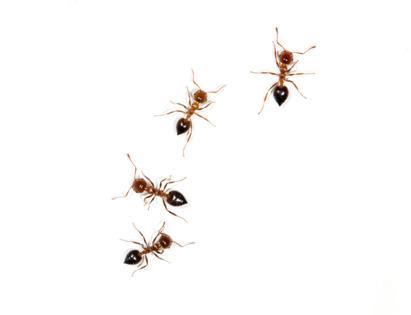
1 minute read
Industry Collective Action & Next Steps

Sustainable Food Production
Project participants taking part in the research, lacked awareness about what the agri-food industry is doing in its commitment to sustainable food production and the role it plays in wider environmental sustainability. They do not necessarily understand the wider concept of the carbon cycle, but they do recognise that it is a greenhouse gas that contributes to climate change and must be reduced.
When looking in-depth with young people through experiential learning they quickly understood the actions the agri-food industry has been taking and will continue to take to have a positive and sustainable impact on the environment. They recognised the importance of preserving soil health. They think locally produced food is more sustainable and believe that organic meat production is more sustainable than vegetarian and vegan diets. They recognise the agri-food industry as part of a larger global system and that this should be represented and discussed within the context of a more transparent food system.
Next Steps:
Offer young people the opportunity to experience sustainable agriculture first-hand, including on-farm visits.
Industry-wide agreements on labelling, highlighting more sustainably produced products, for example, LEAF Marque.
Provide educational materials to help young people understand what industry professionals are doing to protect soil health and its importance.
Simplify messaging around sustainability to avoid confusion and create a clear message for future consumers.










